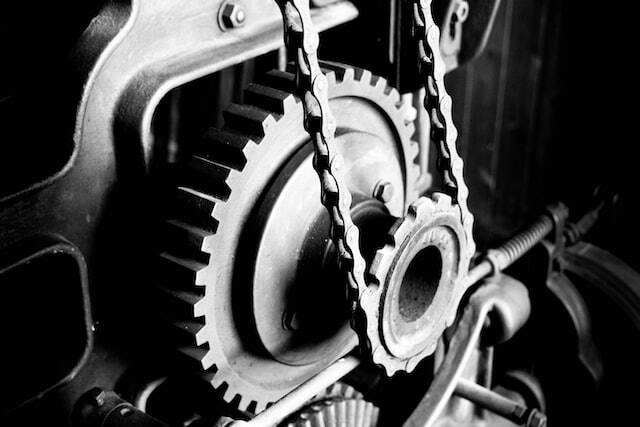Relaxation of self-assessment threshold
HMRC has promised a change to the threshold at which self-employed taxpayers need to complete a tax return. What do we know so far?

Currently, those with trading income exceeding £1,000 must submit a tax return each year, even if they do not have any tax to pay. HMRC has announced that the threshold will increase to £3,000, which it estimates will mean up to 300,000 people no longer needing to submit tax returns. There is no firm date for this, with the government saying that it will happen “within this parliament”, i.e. before the next general election.
The threshold applies to the gross income the self-employed person earns in a tax year, i.e. before deducting any expenses. Some affected individuals will still have an income tax liability, and HMRC intends to launch a “simple” online service to collect the tax in the absence of a self-assessment tax return. However, there is no information about what this will look like or how it will work yet.
Related Topics
-
CT61
-
Repayment thresholds for student finance confirmed
Repaying student finance can seem complicated, with a number of different plan types each having different repayment thresholds. The thresholds for the forthcoming year have just been confirmed. What’s the full story?
-
Advance assurance pilot confirmed
There have been a number of changes to how research and development tax credits are claimed in recent years. HMRC has now confirmed that a pilot of a new clearance procedure will begin later this year. What do we know so far?